Blackhead Removers for Clearer, Cleaner Skin
Goodbye, gunk.
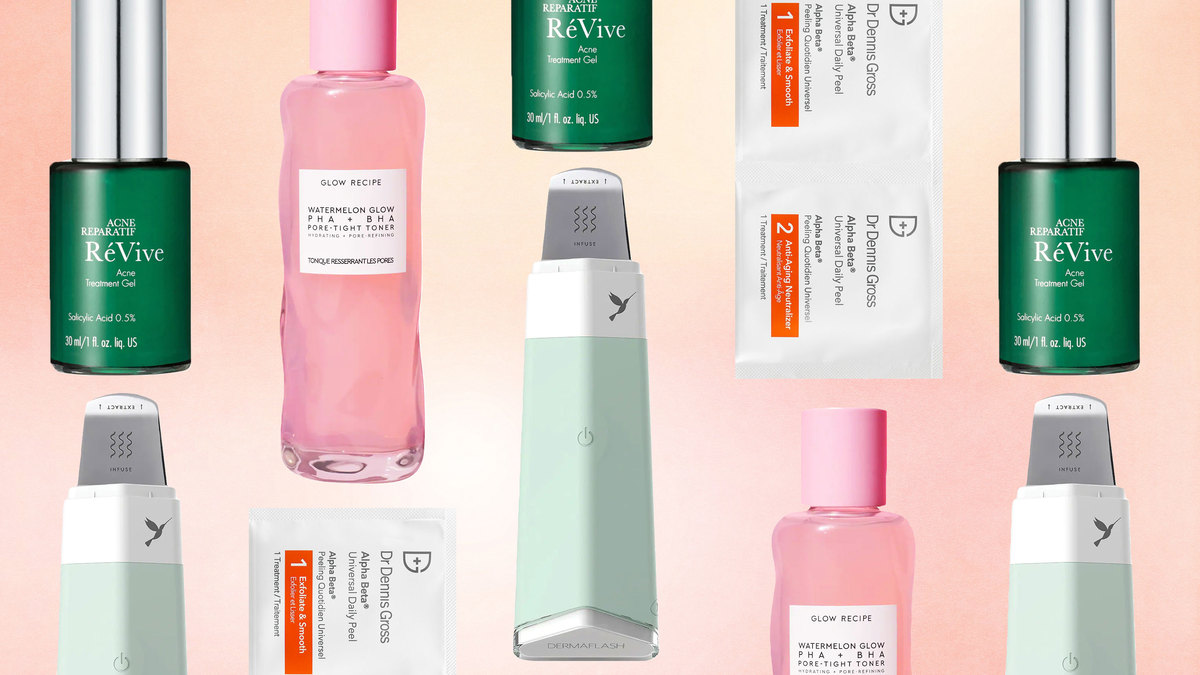

Here’s the thing about blackheads: They really shouldn’t be popped. All that pressure and picking is going to leave your skin scratched up, irritated, and quite frankly, not looking any better. You’re much better off shrinking the appearance of your pores by using one of the best blackhead removers. From chemical exfoliants and physical scrubs to pore vacuums, there’s no shortage of products to help ~safely~ clear out the dead skin, oil, and bacteria clogging up your skin. And by using one of these blackhead removal products (we’re rounding up the best of the best below), you’ll likely have fewer comedones from here on out.
But picking a blackhead removal product isn’t one-size-fits-all. A pretty intense salicylic acid serum might work wonders for someone with uber-oily skin, while a gentler alpha-hydroxy acid (think: lactic or glycolic acid) will do the job for those with more sensitive skin types. Regardless of what you need, we’ve got you covered.
What Are Blackheads?
A blackhead is quite literally a pimple, specifically an open comedone, that has come to a black-colored head. “They are a type of acne lesion in which a pore accumulates dead skin, oil, and bacteria,” explains board-certified dermatologist Dr. Brendan Camp. They then turn black as a result of oxidation. Blackheads are going to be the *most* common in people with oily skin, but just about anyone can deal with ‘em. You can have sensitive skin and blackheads, dry skin and blackheads, combination skin and blackheads—you get the point.
What to Look For
“Blackhead treatments can come as cleansers, toners, serums, or leave-on treatments,” explains Dr. Camp. “Some facial masks can also be used to draw out impurities on the skin to clean out pores.” Then there’s also pore vacuums, pore strips, and physical scrubs. In short: There’s a lot to choose from. But, the best blackhead remover for you is going to depend largely on your skin type. “People with more sensitive skin may elect to use a chemical exfoliant, as they tend to be more gentle on the skin than physical exfoliants,” says Dr. Camp. Lactic acid, glycolic acid, or poly-hydroxy acids can provide non-abrasive exfoliation. Now while those ingredients are all very, very viable options for oily or combination skin types, too, products with salicylic acid, scrubs, retinoids, or pore vacuums, are also an option.
How Blackhead Removers Work
How your blackhead remover works is pretty dependent on the type of product you choose. Pore strips, for example, are going to use an adhesive material to grip dead skin and debris, while pore vacuums use suction to achieve the same end. Then there’s more traditional exfoliation. “Chemical exfoliants use ingredients that break apart adhesions between superficial skin cells to gently remove dead skin,” says Dr. Camp. “Physical exfoliants gently abrade the skin to scour away dead skin cells and debris.”
The Best Blackhead Removers
- The Best Peel Pad: Dr. Dennis Gross Alpha Beta Universal Daily Peel
- The Best Serum: ReVive Acne Reparatif Acne Repair Gel
- The Best Retinoid: Differin Gel Adapalene 0.1% Gel
- The Best Face Mask: Sisley Paris Exfoliating Enzyme Mask
- The Best Toner: La Roche-Posay Effaclar Clarifying Solution Acne Toner
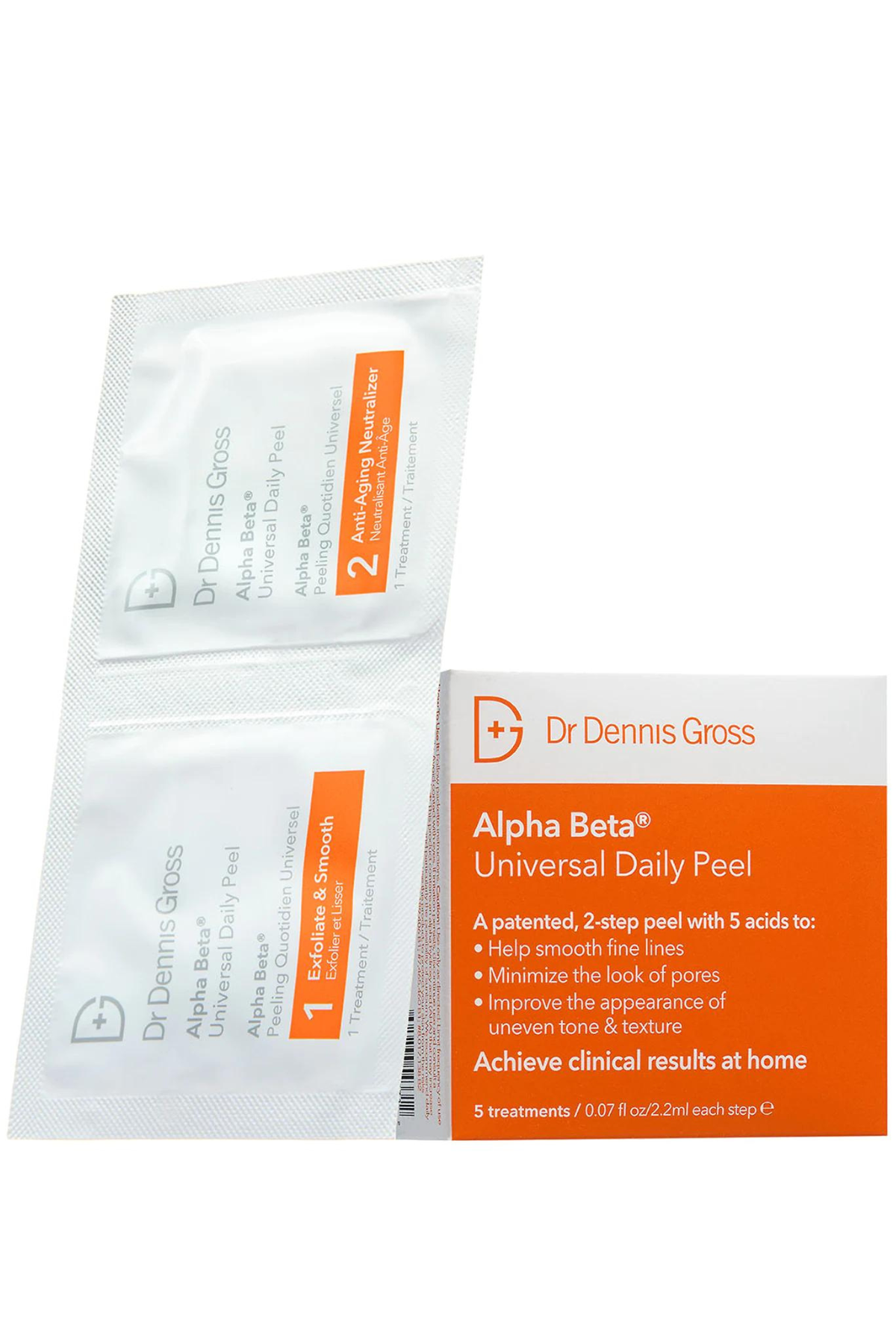
We simply can’t talk about the best blackhead removers without going on a little tangent about these uber-popular peels. They’re a derm-favorite (Dr. Camp approves), a beauty editor must-have, and loved by celebrities ranging from Selena Gomez to Kim Kardashian. It’s no surprise they have a cult-favorite status—they work like a charm. “They contain alpha and beta-hydroxy acids to remove superficial dead skin cells and impurities within pores,” explains Dr. Camp. The combo of acids allows them to not only clean your pores, but also provide a ton of other benefits. Your tone will be more even, your lines and wrinkles will be less noticeable, and you’ll remain hydrated.
Pros: Derm-approved; Gentle enough for daily use; Multi-benefit
Cons: Slight smell; Might be too harsh for sensitive skin
Customer Review: "This is a game changer for my skin. Ugh this is so good. I use it at night and every other day—not everyday because I use retinol on the night I don't use this. My skin has never been smoother." -Sephora
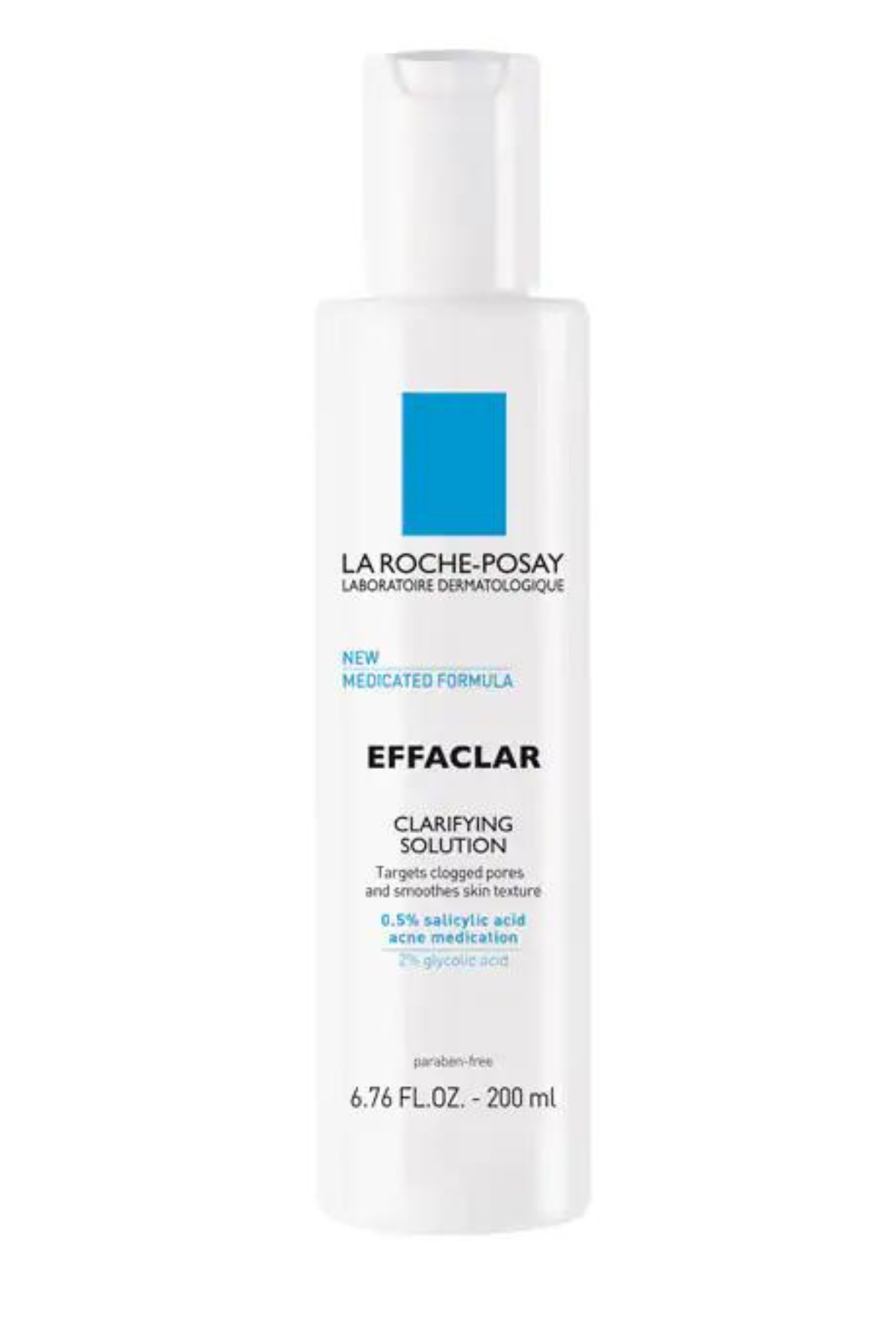
“Toners are used after cleansing to more effectively remove build up and oil,” explains Dr. Camp. “This gentle toner contains salicylic acid to remove debris in pores. It also contains glycolic acid, which is an alpha-hydroxy acid that encourages exfoliation.” Just put a little bit on a cotton pad and give your skin, your neck, and chest a good swipe. Over time, you’ll notice that your pores are minimized, your blackheads (and whiteheads) are less common, and your skin feels generally smoother.
Pros: Derm-approved; Tested and safe for sensitive skin; Affordable
Cons: Not the strongest
Customer Review: "I have oily and acne prone skin. I started using this and I immediately saw a difference, especially in the day time. I use to always see my pores after a few hours but this right with the La Roche Posay moisturizer with SPF, works amazing." -Ulta
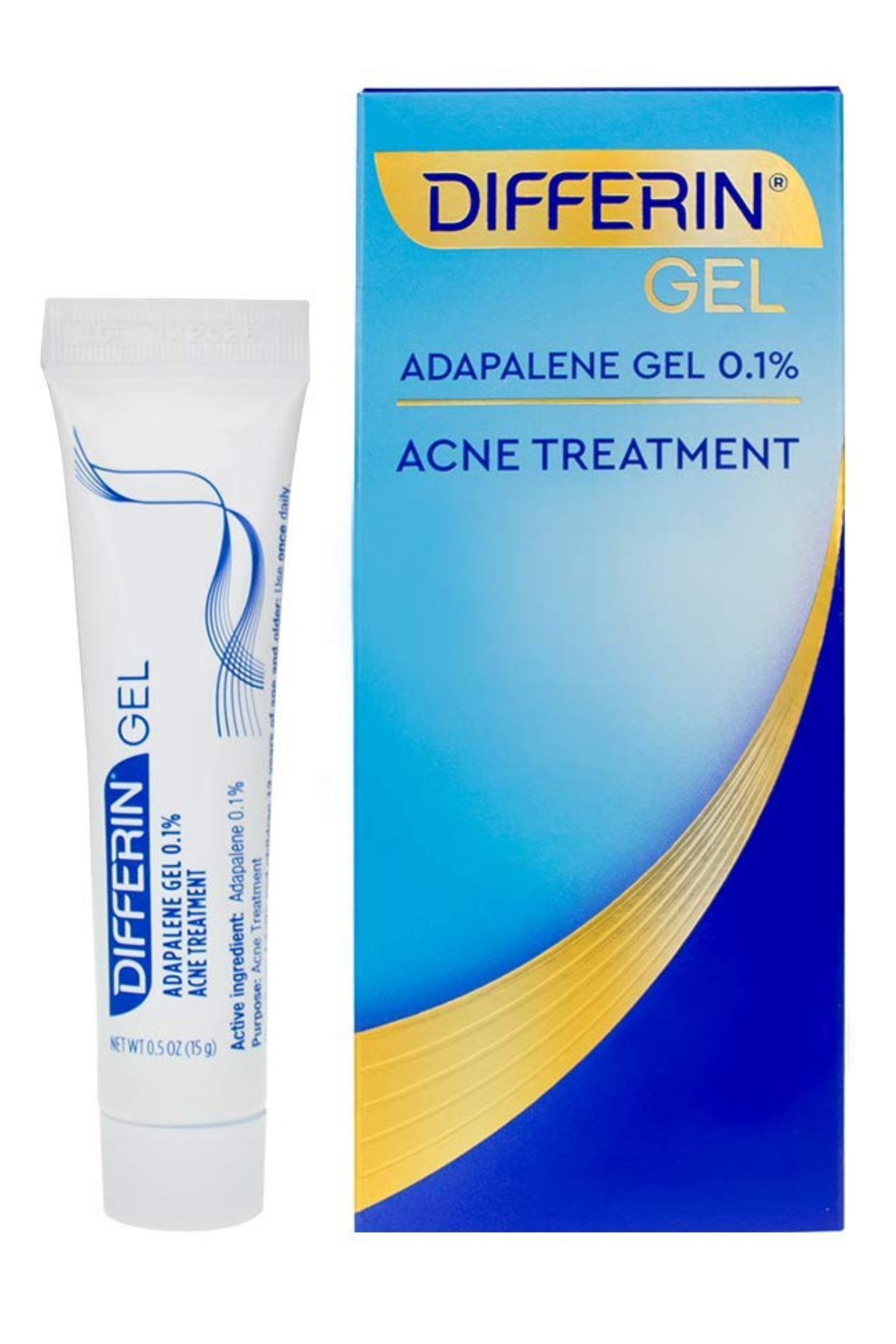
“Differin gel contains adapalene, which is a retinoid. This product used to be available only by prescription, but can now be purchased over the counter,” says Dr. Camp. So, how does it work to get rid of blackheads? It “regulates cell turnover,” which means there’s a lesser chance of your pores getting clogged up with dead skin cells. But that’s just the tip of the good skin iceberg. A retinoid this strong is going to help reduce the majority of breakouts and keep your skin looking younger and plumper.
Pros: Derm-approved; Anti-aging benefits; Helps with multiple types of acne
Cons: Can be drying and irritating
Customer Review: "A little goes a long way! I make sure to avoid the corners of my eyes and my mouth and wait 20 minutes after applying before moisturizing. I still have breakouts around that time of the month but they are nowhere near as intense as they used to be! I’ve also incorporated bio oil into my morning routine to help with dryness, discoloration and scarring. Thank you thank you THANK YOU Differin for this medicated gel and for making it affordable." -Target
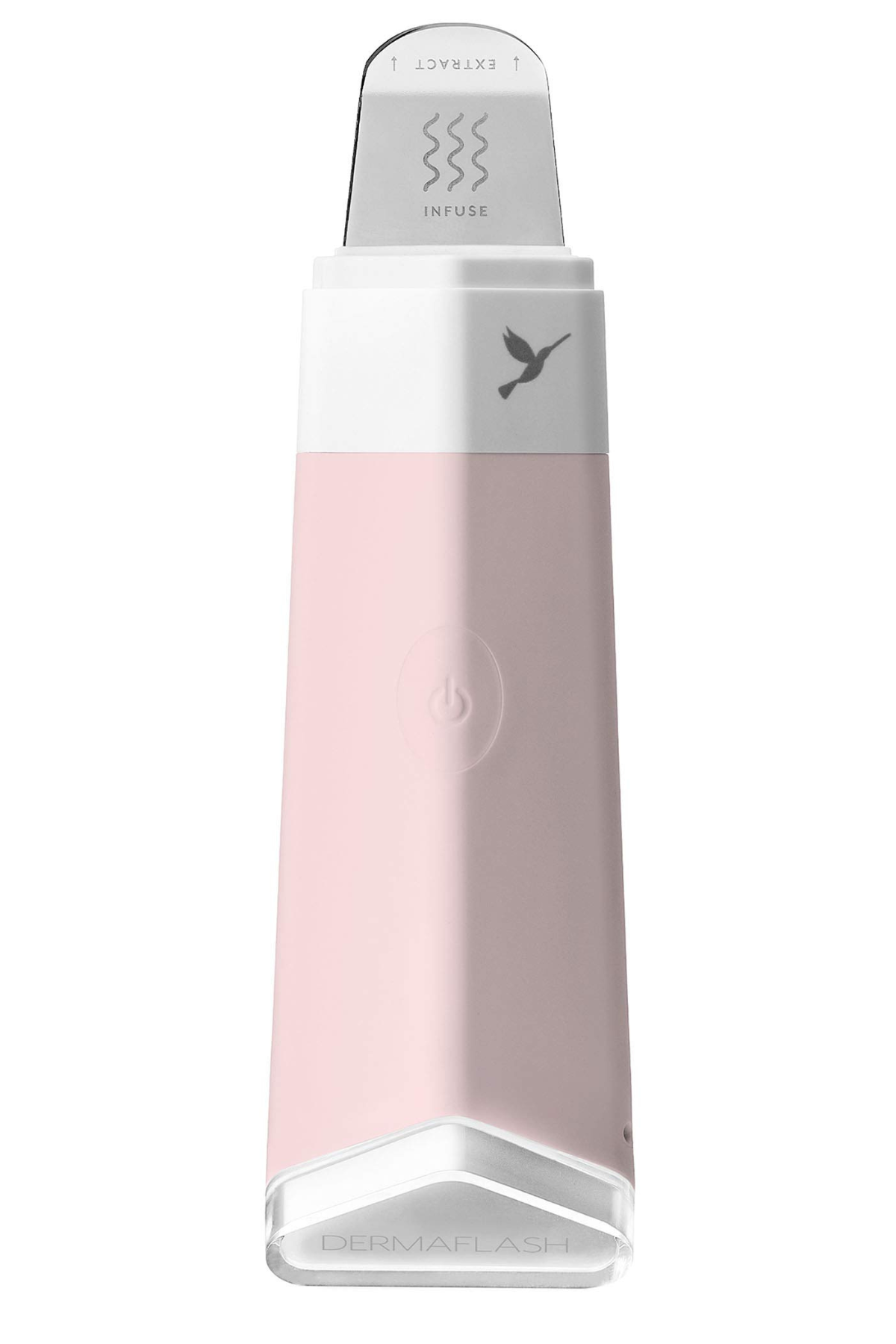
While pore vacuums should be used with an abundance of caution (they’re really not ideal for easily irritated skin), this particular extractor tool has hundreds of five-star reviews and a dermatologist stamp of approval. Rather than using suction, which can cause broken blood vessels and redness, it uses ultrasonic vibrational technology to coax the gunk out of the pores. There’s also an “infuse” functionality that works to push skincare actives deeper into the pores. Pair it with one of the other products on this list and you’ll get double the acne-fighting power.
Pros: Extracts and infuses; Derm-approved
Cons: Expensive
Customer Review: "I use this device both for black head removal and skin product absorption and have seen great results. Very easy to use and it doesn't add much time at all to my morning/night routine." -Ulta
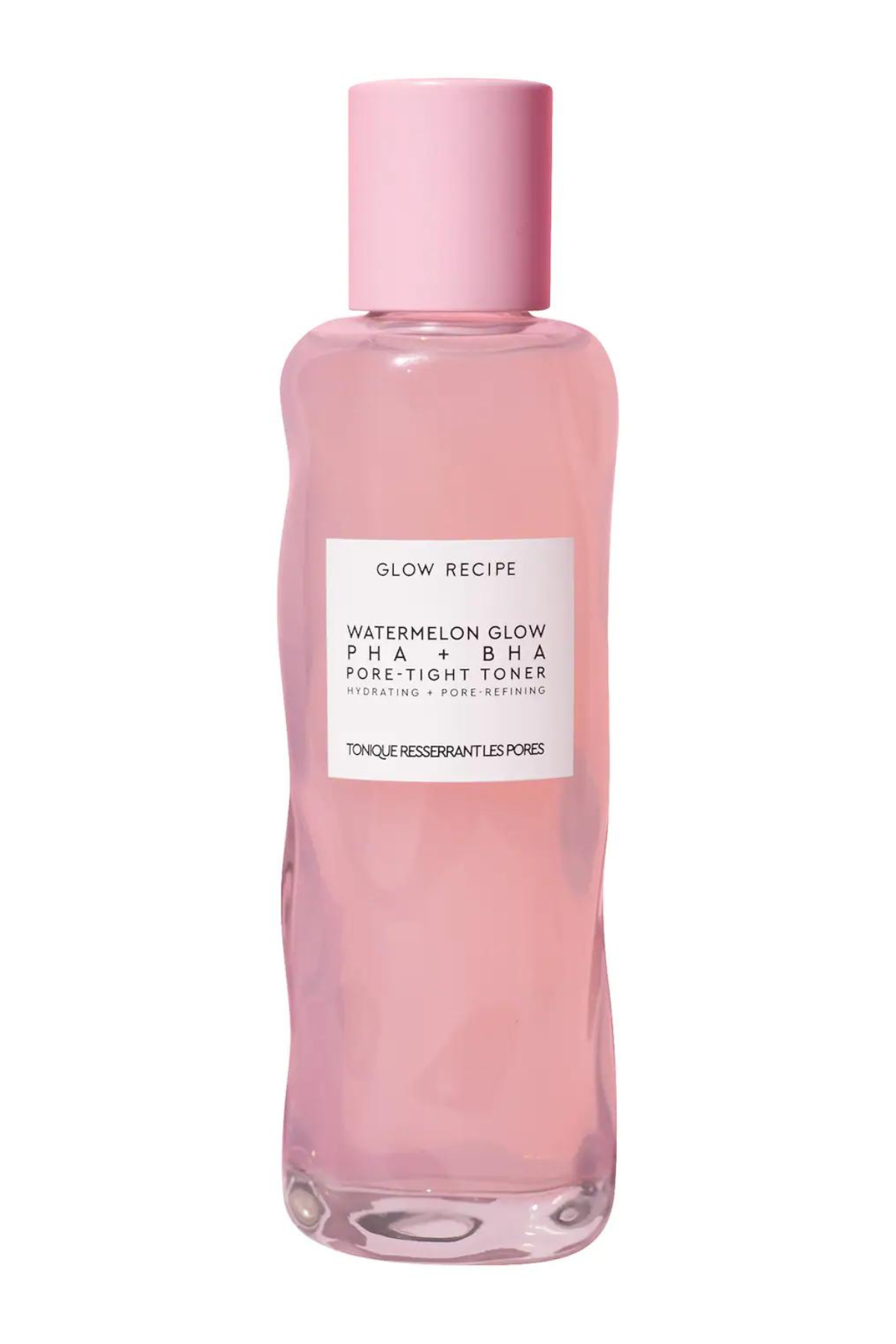
While you can’t ~technically~ change the size of your pores, you can certainly make them look a heck of a lot smaller by getting all the gunk out of ‘em. That’s where this toner comes into play. It’s going to gently exfoliate (thank you, PHAs) and treat blackheads (thank you, BHAs) to create a clearer-looking complexion with less noticeable pores. It’s a great option for anyone who errs on the sensitive or drier side, too. With watermelon extract and hyaluronic acid as main ingredients, this formula effectively counteracts the drying effects of the acids.
Pros: Good for pores; Hydrating
Cons: Strong smell
Customer Review: "Literally the best toner I have ever used. I recommend if you struggle with clogged pores because it left my skin so clear. It is a perfect pair with the glow recipe watermelon pink juice moisturizer." -Sephora
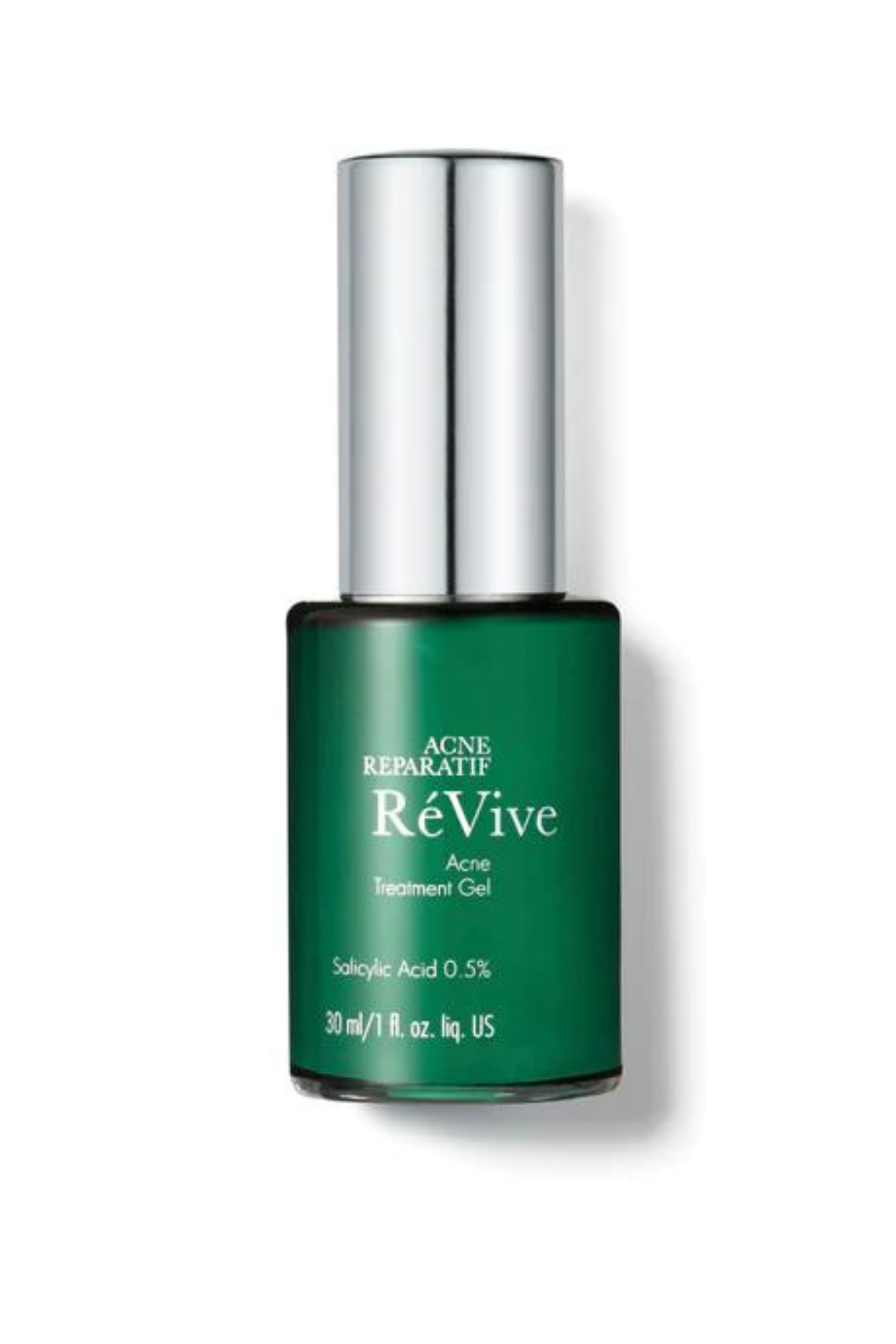
If you’re looking for something heavy-duty, this powerful serum is the way to go—blackheads don’t stand a chance. Thanks to 0.5 percent salicylic acid, this tacky texture will have your skin looking better in just a few days’ time. But trust me, the benefits will only keep coming with continued use. Not only should your skin stay breakout-free, but you’ll also get a ton of anti-aging benefits. The serum contains the brand's proprietary bio-renewal protein, which slows aging, promotes healing, and keeps your skin looking fresh and bouncy.
Pros: Powerful; Anti-aging benefits
Cons: Too strong for sensitive skin
Customer Review: "I love that this helps treat my acne without over-drying my skin. A little goes a long way with this product. Started to notice results within a couple of days which I am very happy about." -Blue Mercury
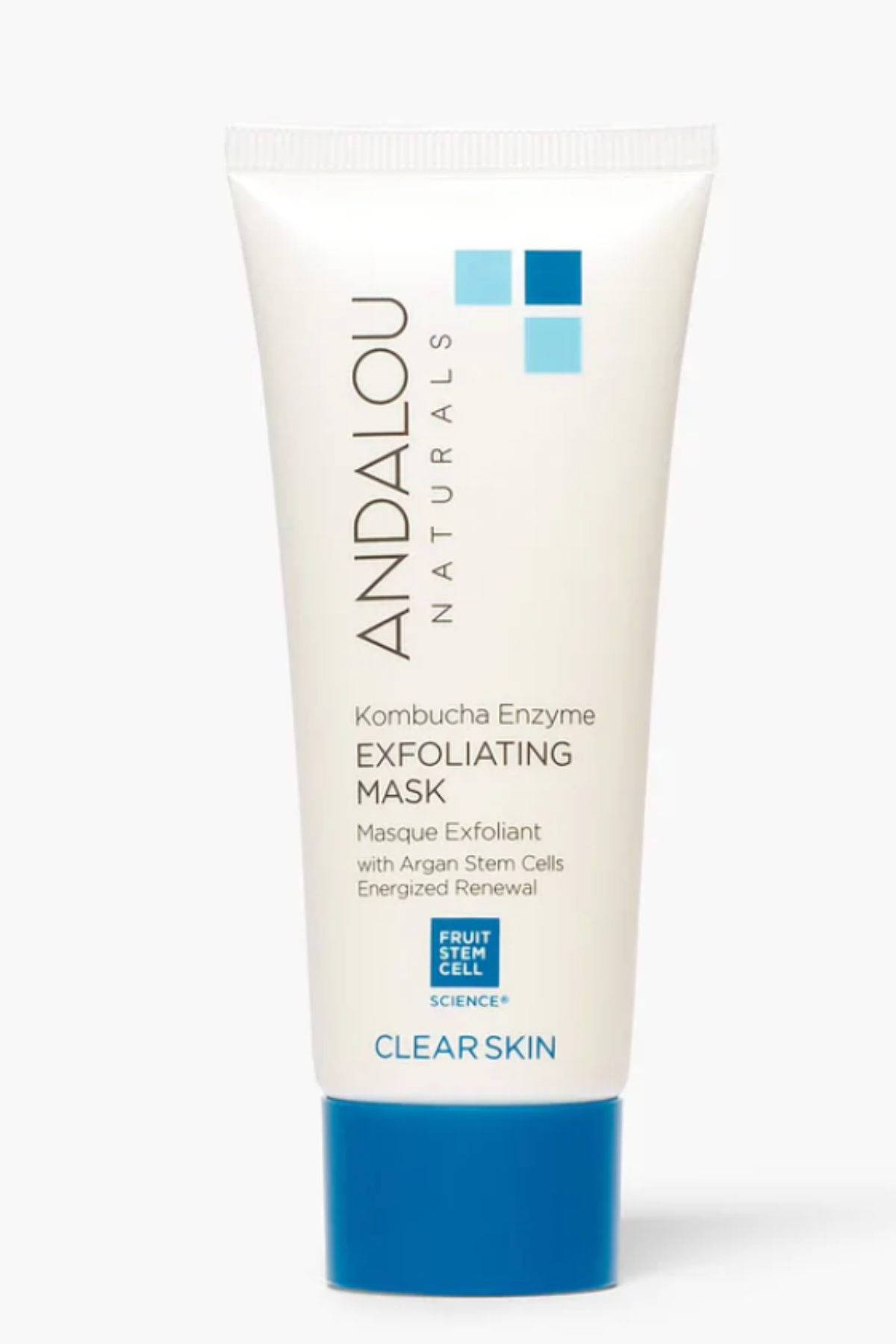
A daily, leave-on treatment is probably the way to go for anyone with moderate or severe breakouts, but a bi-weekly face mask can do a damn good job at keeping mild blackheads under control. Our mask of choice? This Andalou Naturals option, which is formulated with exfoliating papaya and pineapple enzymes as well as clarifying willow bark extract. The purifying formula works like a charm to lift up debris, but just make sure you wash the solution off after 20ish minutes to avoid irritation.
Pros: Affordable; Brightening; Gentle
Cons: Stronger options available
Customer Review: "I have used a lot of different products on my skin and this mask left my face so soft . The smell was not overwhelming." -Walmart
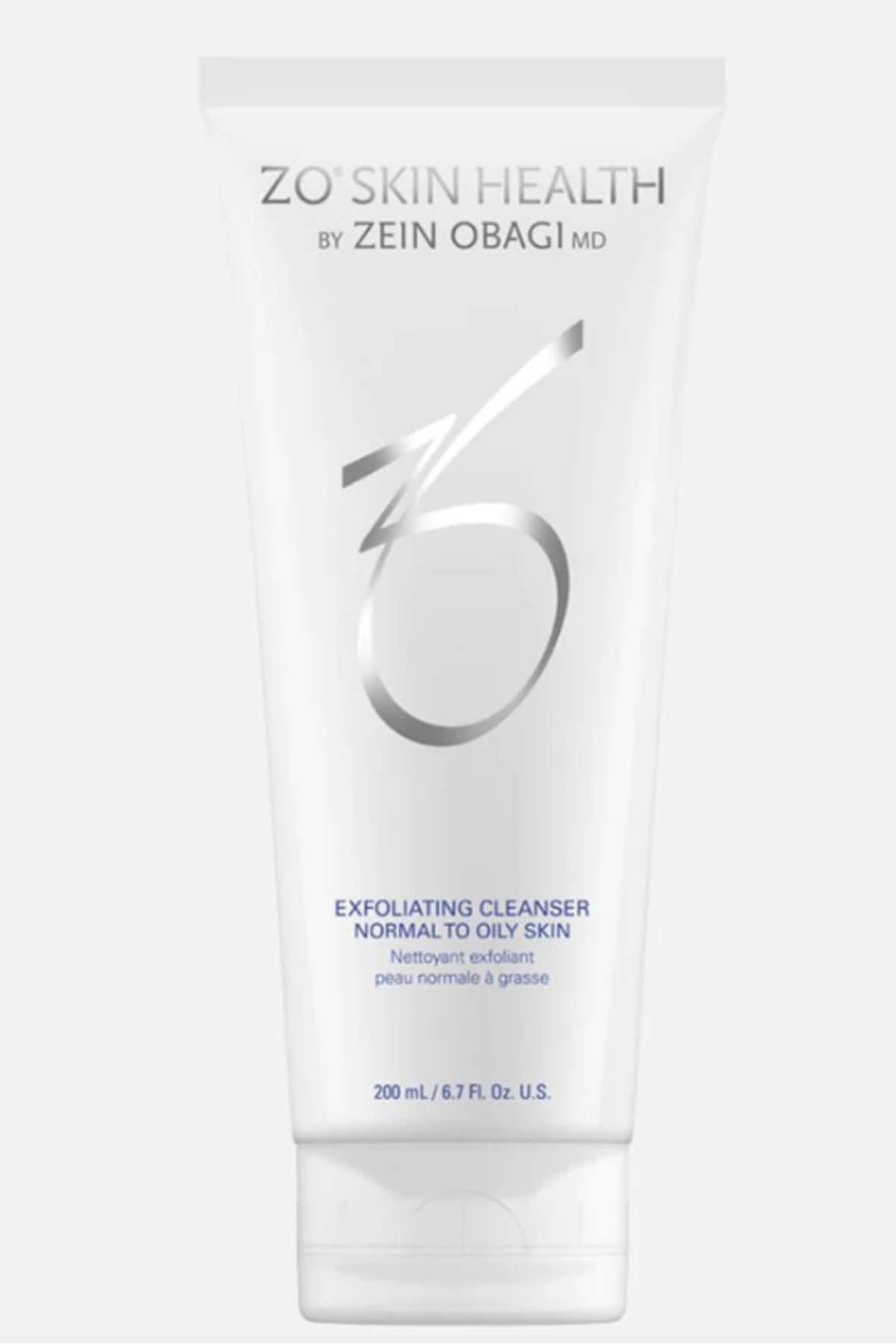
If your skin runs on the sensitive or drier side, looking for a wash-off treatment is probably going to be your best bet. Shorter contact should minimize irritation while still tackling acne. Take this Zo Skin Health cleanser, for example. It uses both physical and chemical exfoliation to dig deep into pores and get rid of gunk. Jojoba esters take charge on the physical front, gently exfoliating dead skin cells, while salicylic acid gets to work dislodging pore-clogging debris. Last, but certainly not least, vitamin E swoops in to provide a bit of calm—and antioxidant protection.
Pros: Physical and chemical exfoliation; Antioxidant protection
Cons: Expensive
Customer Review: "This is one of the only cleansers that has gotten my acne under control. While it has not completely cured me, my skin definitely looks a lot better than it did before." -Zo Skin Health
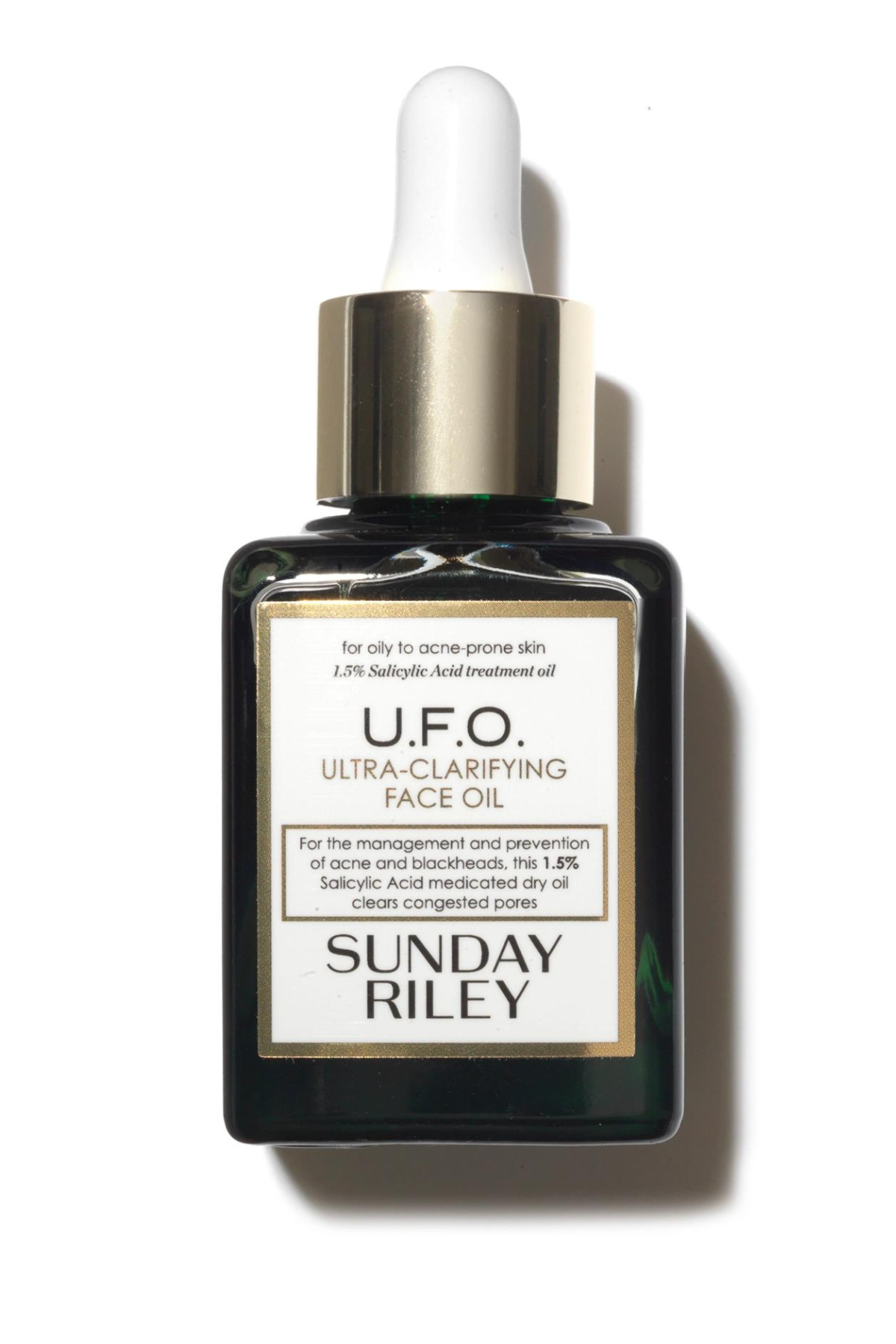
Face oil and acne-prone skin might sound like a recipe for disaster—but not when this oil is your product of choice. It’s specifically formulated to keep blackheads (and whiteheads) under control, while simultaneously giving you a dose of calming and soothing hydration. And still—it gets better. Once the salicylic acid and tea tree oil have addressed current blackheads, licorice extract gets to work brightening dark spots left behind from previous breakouts. Just use this as your last step in your nighttime skincare routine and you’re good to go.
Pros: Brightening; Soothing
Cons: Strong Scent
Customer Review: "I have extremely sensitive skin that tends to break out easily, plus I’m allergic to niaciminade and this product literally saved my skin. It’s never been clearer and I feel so much more confident in my skin." -Sephora
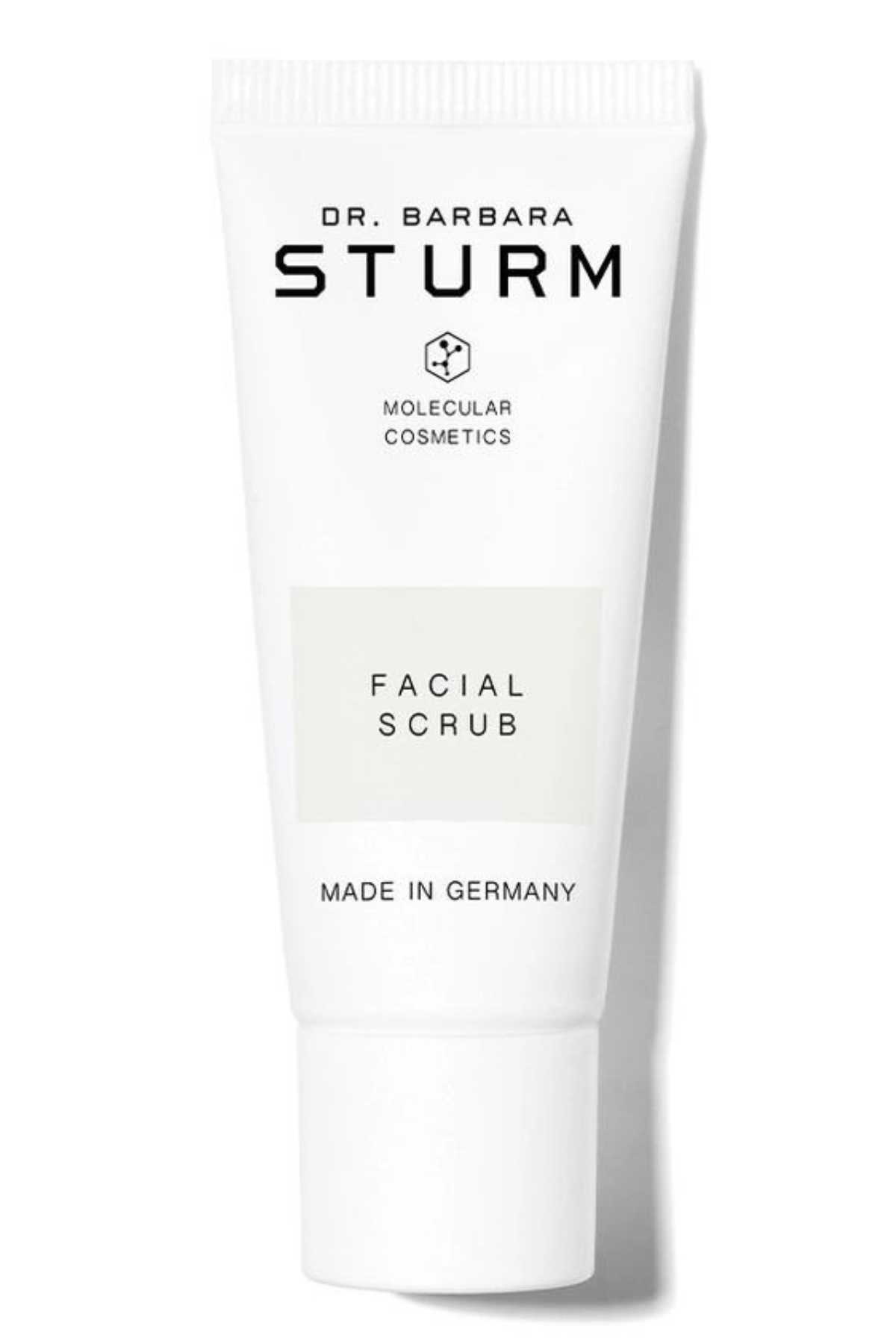
For a long time, scrubs were on the no-no list. The thought of physical abrasion was a bit, well, terrifying—especially for easily irritated skin types. But fast forward to 2023 and there are actually some really elegant, non-abrasive scrubs on the market. One of the best, in my humble opinion, is from Dr. Barbara Sturm. The physical component removes flakes and dry skin patches, which are all the more common in the winter, while purslane and vitamin A soothe the skin and combat redness.
Pros: Physical and chemical exfoliation; Soothing
Cons: Not as strong as a daily leave-on
Customer Review: "I use the enzyme cleanser every few days as it works as a light scrub but this one is wonderful for times when I feel I need something deeper. It’s so gentle and like the other cleansers no residue and my face does NOT feel dry at all." -Nordstrom
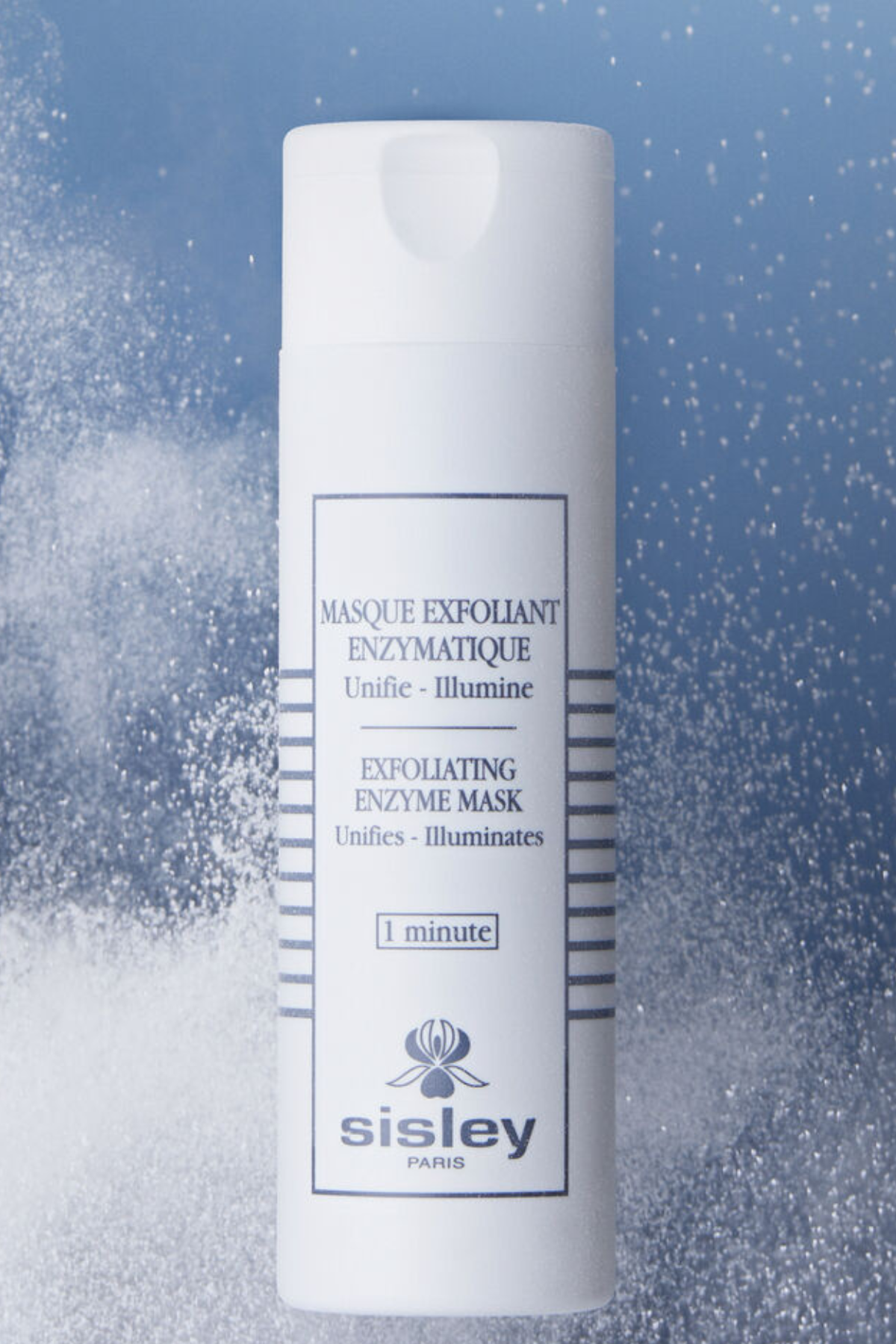
I’m all for a self-care Sunday ritual, but sometimes (er, most of the time), I’m short on time. Still, I want results. That’s where this one-minute mask comes in. It works quite literally in 60 seconds, but delivers some of the most dramatic results I’ve ever experienced. It tightens pores, gets rid of dead skin cells, and when I use it regularly, gives me a clearer complexion overall. The texture is a little unique though. It comes out of the bottle as a powder and is then activated by water. With a little rubbing, it works into a cream.
Pros: Fast-acting; Clarifying
Cons: Expensive
Customer Review: "I have some cyclical redness on my cheeks and have to be careful with too much acid in exfoliators, this product is amazing at getting rid of dry surface skin w/o causing irritation. My skin feels glow-y and smooth!!!" -Bloomingdale's
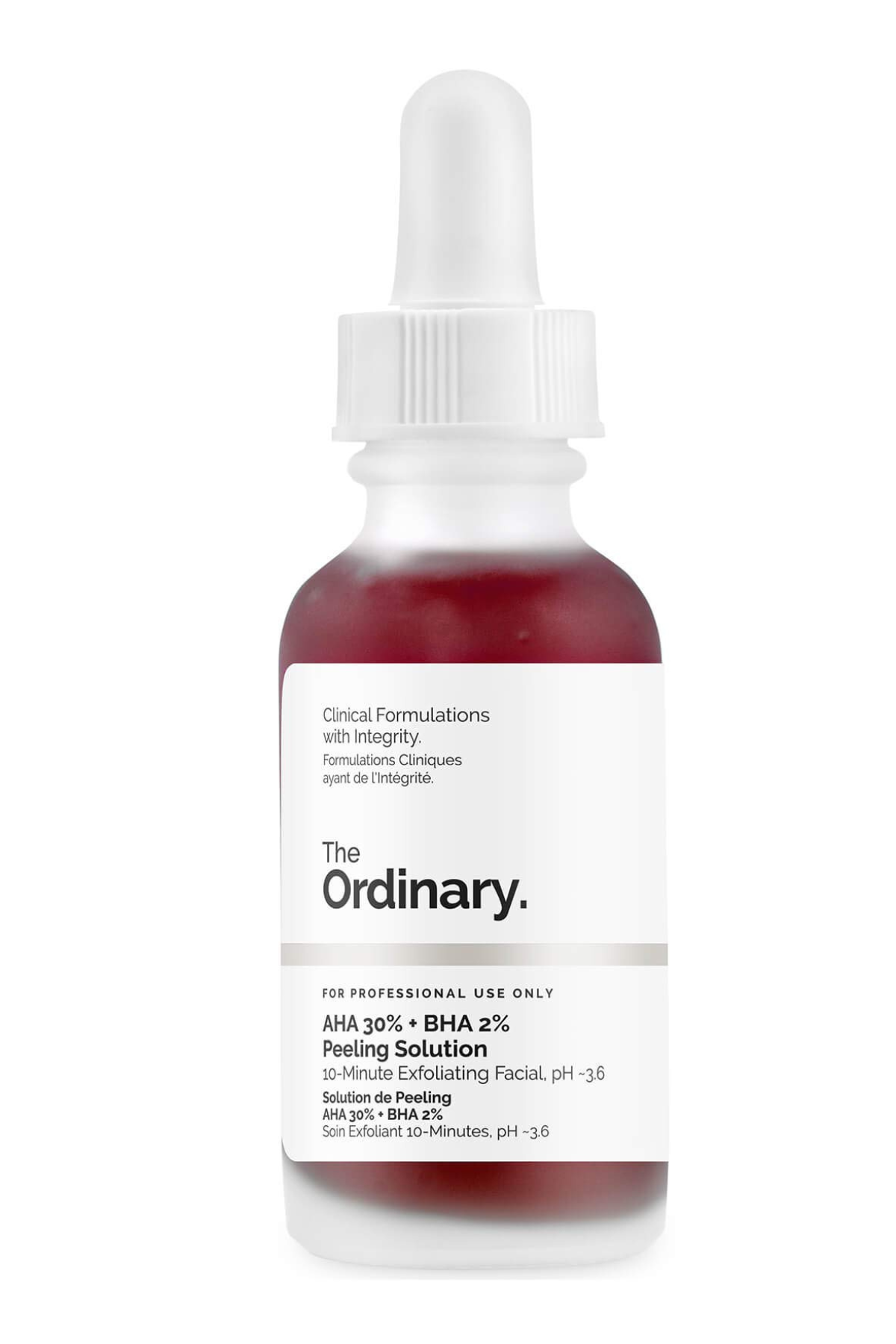
Chances are you’ve seen this on TikTok—the before and after photos are kind of crazy. It’s easy to see why: The peel is composed of a super-powered blend of acids. AHAs, namely glycolic acid, come together with BHAs, namely salicylic acid, to reveal a de-clogged, clearer complexion in a matter of minutes. You’ll also notice a smoother, softer complexion and more even tone. While the results are pretty unbelievable, please proceed with caution. This stuff is strong and should not be used on sensitive or easily irritated skin.
Pros: Powerful; Helps with skin texture
Cons: Not for sensitive skin
Customer Review: "Not a must, but a nice addition to refresh and revitalize the appearance of your skin. Don't be alarmed by the 'burn' when you apply it, nor the initial redness when you first wash it off. Adhere to the timing (minimize if necessary for the first few applications) Moisturize your damp skin with a hyaluronic acid-based moisturizer immediately afterwards and this will reveal the gorgeous glass-like skin this product is sure to deliver. Bottle lasts forever as you don't need much product, and you use it infrequently (1/wk or 1/every few weeks) anyway!" -Sephora
Meet the Dermatologist

Brendan Camp, MD, is double board-certified in dermatology and dermatopathology and sees patients at MDCS Dermatology: Medical Dermatology & Cosmetic Surgery, which has locations in Upper East Side, Hampton Bays, Commack, Smithtown, Plainview, and Midtown East of Manhattan, New York. Patients have been coming to him for his expertise managing medical conditions like acne, rosacea, eczema, warts, psoriasis, moles, and skin cancer, as well as cosmetic concerns and treatments with Botox®, fillers, lasers, and other skin rejuvenation devices. Dr. Camp graduated with honors from Cornell University, earning a degree in biochemistry. As a medical student at SUNY Upstate Medical University in Syracuse, he participated in a one-year epidemiology fellowship at the Centers for Disease Control and Prevention (CDC) in Atlanta, Georgia, where he participated in viral outbreak investigations. He completed his internship in internal medicine at the University of Chicago and later completed additional residency training in dermatology at New York-Presbyterian Hospital/Weill Cornell Medical Center. He also completed a fellowship in dermatopathology at Memorial Sloan-Kettering Cancer Center in 2012. He has previously served as an assistant professor of dermatology at George Washington University School of Medicine and Health Sciences and worked in private practice just outside Washington DC in Northern Virginia. Dr. Camp is the author of several scientific articles that have been published in the Journal of the American Academy of Dermatology, the Journal of Cutaneous Pathology, and the Journal of Clinical Oncology. He has also presented at meetings of the American Academy of Dermatology, the American Society of Dermatopathology, and the Society for Investigative Dermatology. Additionally, he is a reviewer for the Journal of the American Academy of Dermatology Case Reports, a member of the Curriculum Task Force and previous member of the Public Education Committee of the American Academy of Dermatology, and a contributor to Men’s Health magazine.
Get exclusive access to fashion and beauty trends, hot-off-the-press celebrity news, and more.
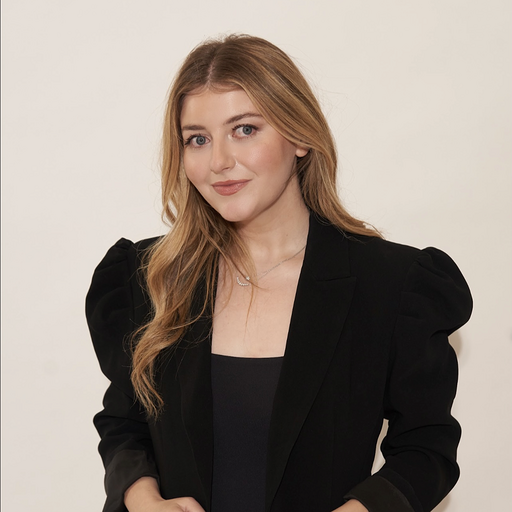
Samantha Holender is the Senior Beauty Editor at Marie Claire, where she reports on the best new launches, dives into the science behind skincare, and shares the breakdown on the latest and greatest trends in the beauty space. She's studied up on every ingredient you'll find on INCI list and is constantly in search of the world's glowiest makeup products. She's constantly tracking the biggest nail and hair trends to pop up in the beauty space, going backstage during fashion weeks, tracking celebrity looks, and constantly talking to celebrity hair stylists, nail artists, and makeup artists. Prior to joining the team, she worked as Us Weekly’s Beauty and Style Editor, where she stayed on the pulse of pop culture and broke down celebrity beauty routines, hair transformations, and red carpet looks. Her words have also appeared on Popsugar, Makeup.com, Skincare.com, Delish.com, and Philadelphia Wedding. Samantha also serves as a board member for the American Society of Magazine Editors (ASME). She first joined the organization in 2018, when she worked as an editorial intern at Food Network Magazine and Pioneer Woman Magazine. Samantha has a degree in Journalism and Mass Communications from The George Washington University’s School of Media and Public Affairs. While at GWU, she was a founding member of the school’s HerCampus chapter and served as its President for four years. When she’s not deep in the beauty closet or swatching eyeshadows, you can find her obsessing over Real Housewives and all things Bravo. Keep up with her on Instagram @samholender.